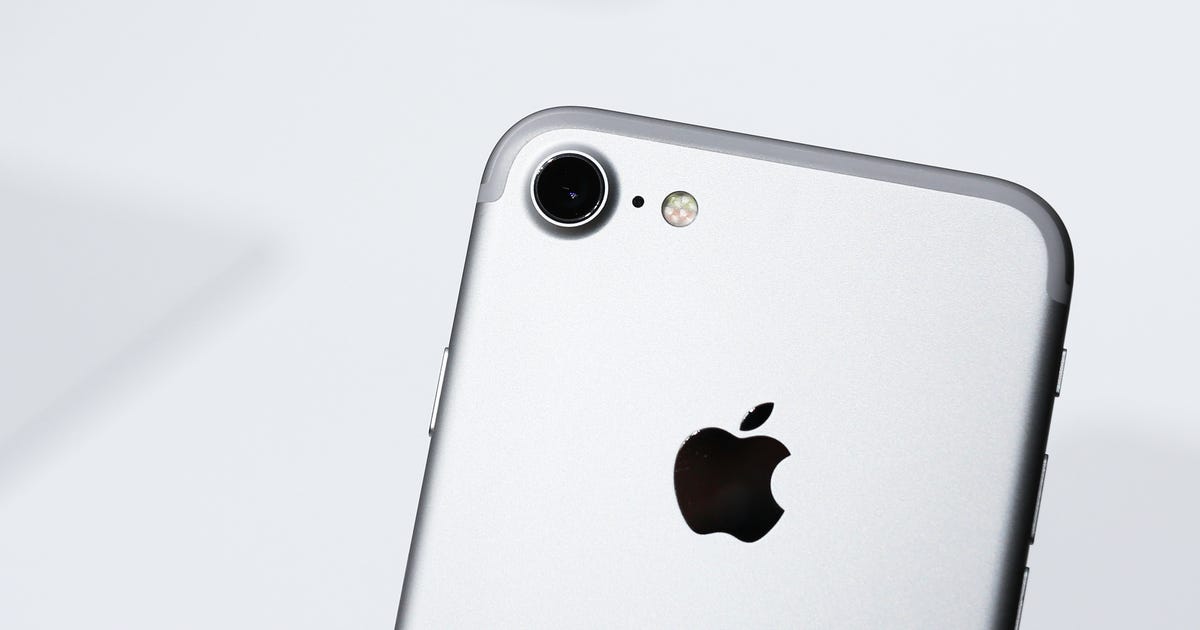Apple Won't Crack The Chinese Market With The IPhone 7

Apple won't crack the Chinese market with the iPhone 7
Response to the iPhone 7 has been mixed. It looks to be a great phone, but the incremental nature of its advances from the excellent iPhone 6S have left some underwhelmed.
It'll sell millions in the US, Europe, Australia and the rest of Apple's established markets. But what about China? Apple has desperately been trying to crack open the world's largest phone market, and experts say the iPhone 7 doesn't look poised to do that.
"It won't move the needle [in China]," says Counterpoint Research analyst Neil Shah of Apple's market share. He explains that Apple has intense competition from local brands such as Huawei, Oppo and Vivo. Following Samsung and Apple, those are three brands that round out the global top five, according to Counterpoint Research. It's significant that Oppo and Vivo earned their rankings almost entirely through sales in China.
"These homegrown brands have already risen to popularity with their innovations...at a price point at least 25-30 percent lower than the iPhone's," Shah said.
The iPhone 7's water resistance and bigger battery life are improvements. But Shah says they're not as significant to Chinese buyers as Oppo's fast charging, high-res selfie cameras, and Vivo's audio-centric tech. The iPhone 7 Plus will house a dual camera, but that's something Huawei already did on its P9.
On Wednesday, Apple announced that its upgrade program would be coming to China, allowing buyers to lease iPhones for a monthly fee and upgrade to the new iteration each year for free.
But IDC research analyst Tay Xiaohan says this won't "make a huge difference." He predicts that the majority of sales will come from those who already own iPhones and that the iPhone 7 isn't differentiated enough to snag many Android users.
Apple's CEO Tim Cook meeting with China's Vice Premier Zhang Gaoli last month.
XinhuaAnd make no mistake -- China has been a big focus of Apple's this year. The company invested $1 billion in Uber rival Didi Chuxing in May, likely to help win favour with the local government, and last month CEO Tim Cook announced Apple would be opening a research centre in the country. Back in June, at the company's WWDC keynote, there were a few not-too-subtle hints that Apple wanted a bigger piece of China.
Despite the effort, numbers aren't improving. Counterpoint Research shows that Oppo's R9 outsold the iPhone 6S in China back in June, with sales dropping 33 percent year-on-year. This isn't a problem particular to the People's Republic though, as Apple in April reported its first ever drop in phone sales and continued that trend the following quarter.
But it's not just necessarily hardware that could attract buyers to the iPhone. IDC's Tay Xiaohan says Apple could help itself greatly with software that caters to the Chinese market, mentioning integration of apps like Uber and fellow ride-hailer Didi Chuxing into iOS. Oppo, he says, is an example of a brand that's found tremendous success off the back of aggressive "marketing and branding efforts" just as much as hardware.
Failing this, it could be that China, much like many prospective Western buyers, will simply wait for the iPhone 7S.
Source
